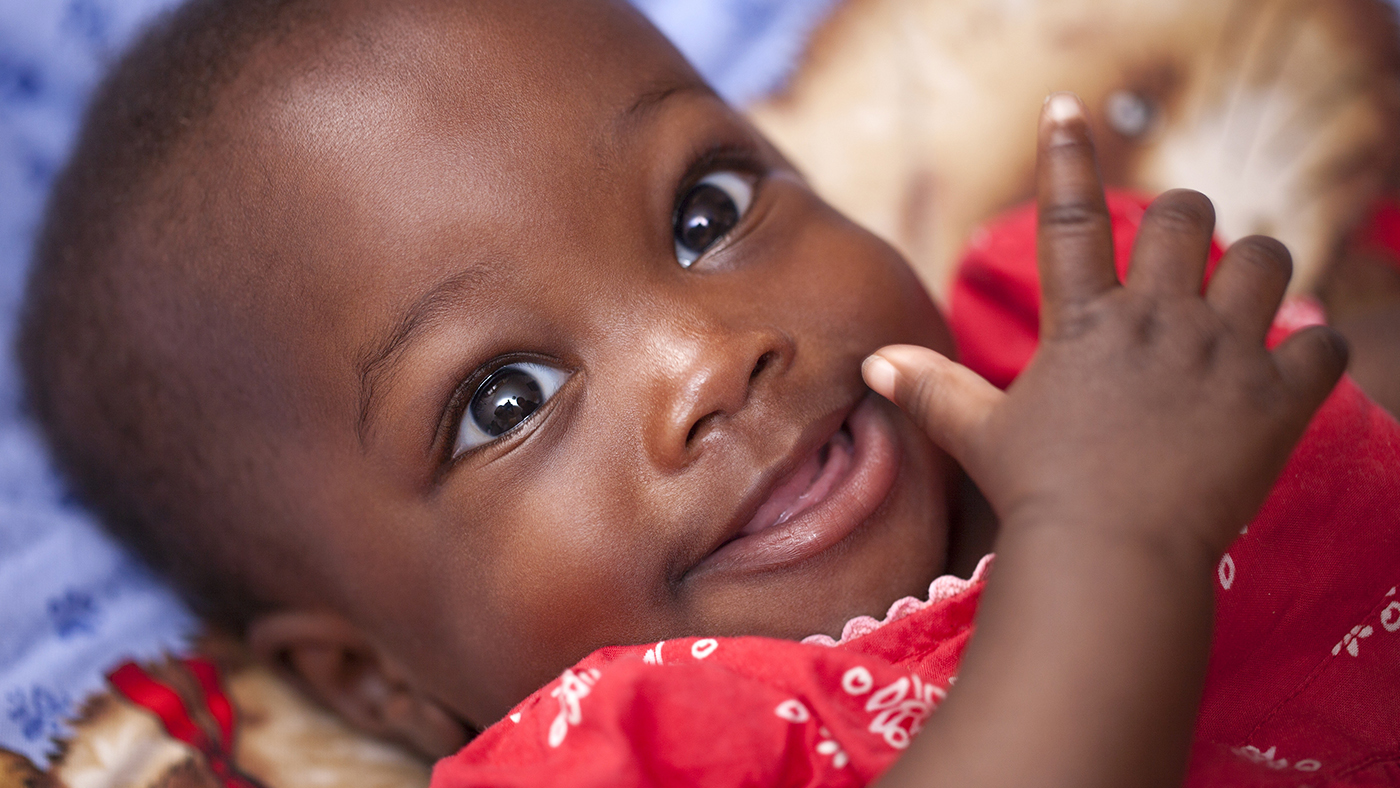Catching your baby's attention... and returning it

It's well known that babies begin life with an interest in, and preference for, social stimulation.[1] Your baby finds other people fascinating and, even before they can talk, are able to interact and communicate with you and others. Such interest and interaction depend on early forms of social cognition.
Capturing attention
Your baby is born into a complex social world and needs to learn quickly how to engage with it, how to respond to the actions of others, how to direct others towards fulfilling their needs, and how to build relationships. There's a lot going on!
Human faces and voices are the most effective ways to capture your baby's attention. The development of social cognition during the infancy period is dependent upon regular and reliable social interaction that is tuned to your baby’s developmental stage.[2]
This means that your baby has arrived in the world as a person, already interested in other people’s facial expressions, rhythms and movements. They are able to communicate and are active participants in relationships. Their brains automatically make meaning from what you and other familiar people do. They know when someone is paying attention to them and when they are distracted.[3]
Emotional patterns
Your baby will love taking part in interactions and feel confused if someone else doesn’t want to. Every single experience a baby has leaves an emotional trace, and the emotional patterns of their life are being woven into the neural pathways of their brain. Babies will respond to your voice and presence in a variety of ways, being quiet, or becoming excited and moving arms and legs.
If your attention is diverted away, they may try to attract it back. As your baby discovers their ability to vocalise, they may “talk” with you, making a variety of sounds and waiting for your response.
In the months ahead, your baby will be able to participate in more simple social interactions with others where they coordinate their gestures, vocalisations and facial expressions.[4]
References:
[1] Moore, C. (2006) The development of common sense psychology. Mahwah, NJ: Lawrence Erlbaum Associates.
[2] Moore, C. PHD, Corbit, J., PHD. (December 2019) Social Cognition in Infancy. Dalhousie University, Canada, Rev. ed.
[3] Zeedyk, S. (2012) Babies come into the world already connected to other people. The Science of Human Connection. (Online) Available at: www.suzannezeedyk.com
[4] Reddy V. (2008) How infants know minds. Cambridge, MA: Harvard University Press.